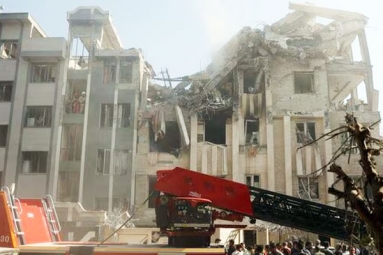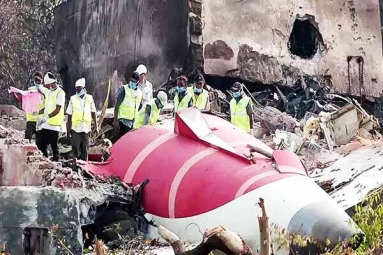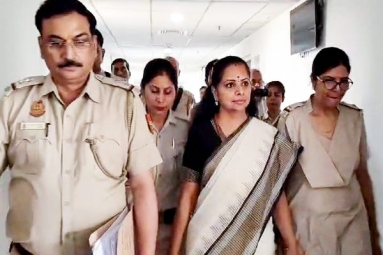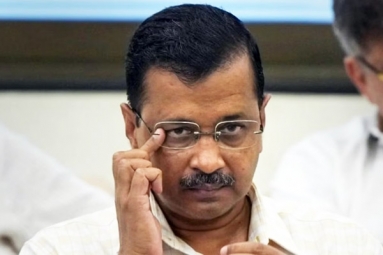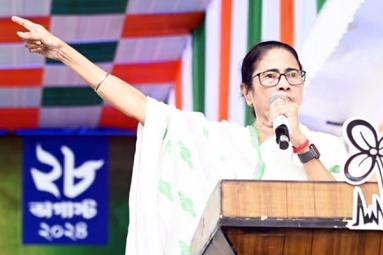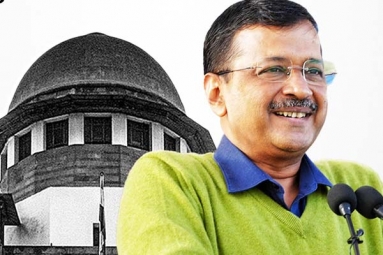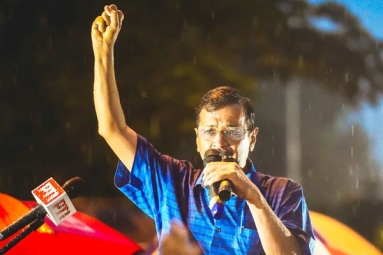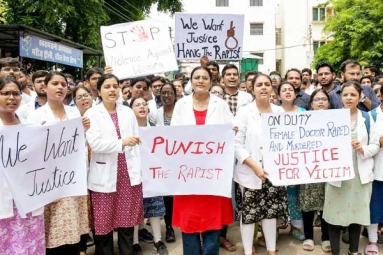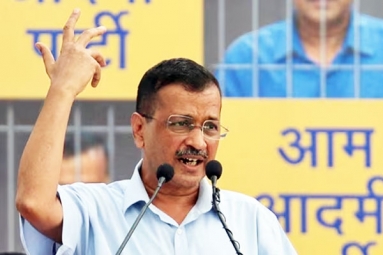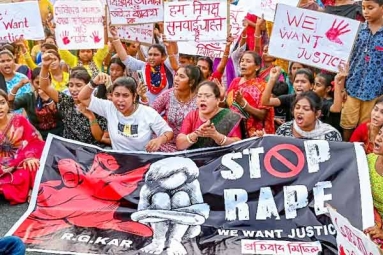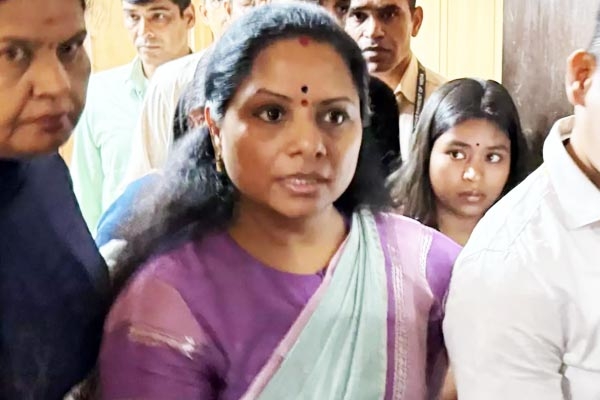
(Image source from: Deccanchronicle.com)
A Delhi court on Wednesday acknowledged the sixth supplementary chargesheet submitted by the Enforcement Directorate (ED) against Bharat Rashtra Samithi (BRS) leader K. Kavitha and others, who are accused in a money laundering case related to the Delhi excise policy. The special judge (PC Act) Kaveri Baweja also summoned the accused and stated that there was sufficient evidence to proceed against Ms. Kavitha, Chanpreet Singh, Arvind Singh, Damodar Sharma, and Prince Kumar. The court ordered them to appear in person on June 3. Ms. Kavitha and Mr. Chanpreet Singh are currently in judicial custody and will be brought to court by the police, while Mr. Arvind Singh, Mr. Sharma, and Mr. Kumar were charged without arrest. The ED had filed a nearly 200-page prosecution chargesheet under the Prevention of Money Laundering Act (PMLA) on May 10. Ms. Kavitha, the daughter of former Telangana Chief Minister K Chandrasekhar Rao, was arrested from her house in Hyderabad on March 15.
The CBI, in its request for custody, claimed that Ms. Kavitha played a significant role in securing funds for the Aam Aadmi Party. The agency also cited WhatsApp conversations, suggesting she was a proxy partner for the liquor company Indospirit. The Central agency alleged that the BRS leader provided evasive and contradictory responses during questioning, and they consider her the 'kingpin and main conspirator', making her interrogation essential. The Central agency claimed that Ms. Kavitha, along with other members of the 'South Group', conspired with the top leaders of the AAP and provided them with kickbacks.
Kavitha, aged 46, was initially apprehended by the Enforcement Directorate (ED) on March 15 in the money laundering case and was sent to judicial custody on March 26. The ED has also referred to her as a key person in the irregularities surrounding the excise policy. She was subsequently arrested by the Central Bureau of Investigation (CBI) on April 11, a few days after she was questioned by them in Tihar jail. Sanjay Singh, a member of parliament, was the subject of the court's ruling. The court had also rejected a request for bail made by her, citing that based on the initial evidence, her involvement appears to be that of a central figure in the entire plot. She had also sought bail from the Delhi high court, but the decision on her bail application is still pending.





